Raw sewage dumped into the English Channel is leaving all marine species in the water “full of cocaine, amphetamines and ecstasy”, a marine biologist has revealed.
Traces of the drug often enter British waters after passing through the user’s body and can alter the natural behavior of some fish, including whether they fight or flee from danger.
Professor Alex Ford, working with Dr Tom Miller from Brunel University, has been investigating the impact of a huge sewer pipe at Langstone Harbor in Hampshire , which carries the waste of approximately 400,000 Portsmouth residents.
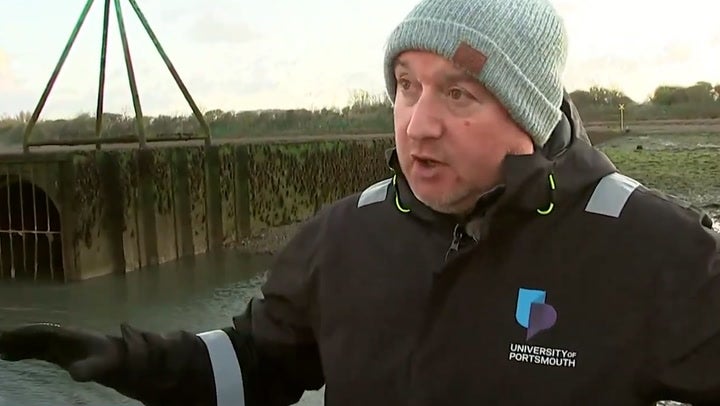
Professor Alex Ford warns about state of UK oceans
(ITV/Good Morning Britain)
He said independent: “To be honest, I was shocked when I saw these readings.
“These results have not yet been published, but so far we have tested crabs, shrimp, oysters, limpets, worms and seaweed.
“We believe [cocaine] It will make the shrimp swim faster, but it’s hard to compare to other creatures.
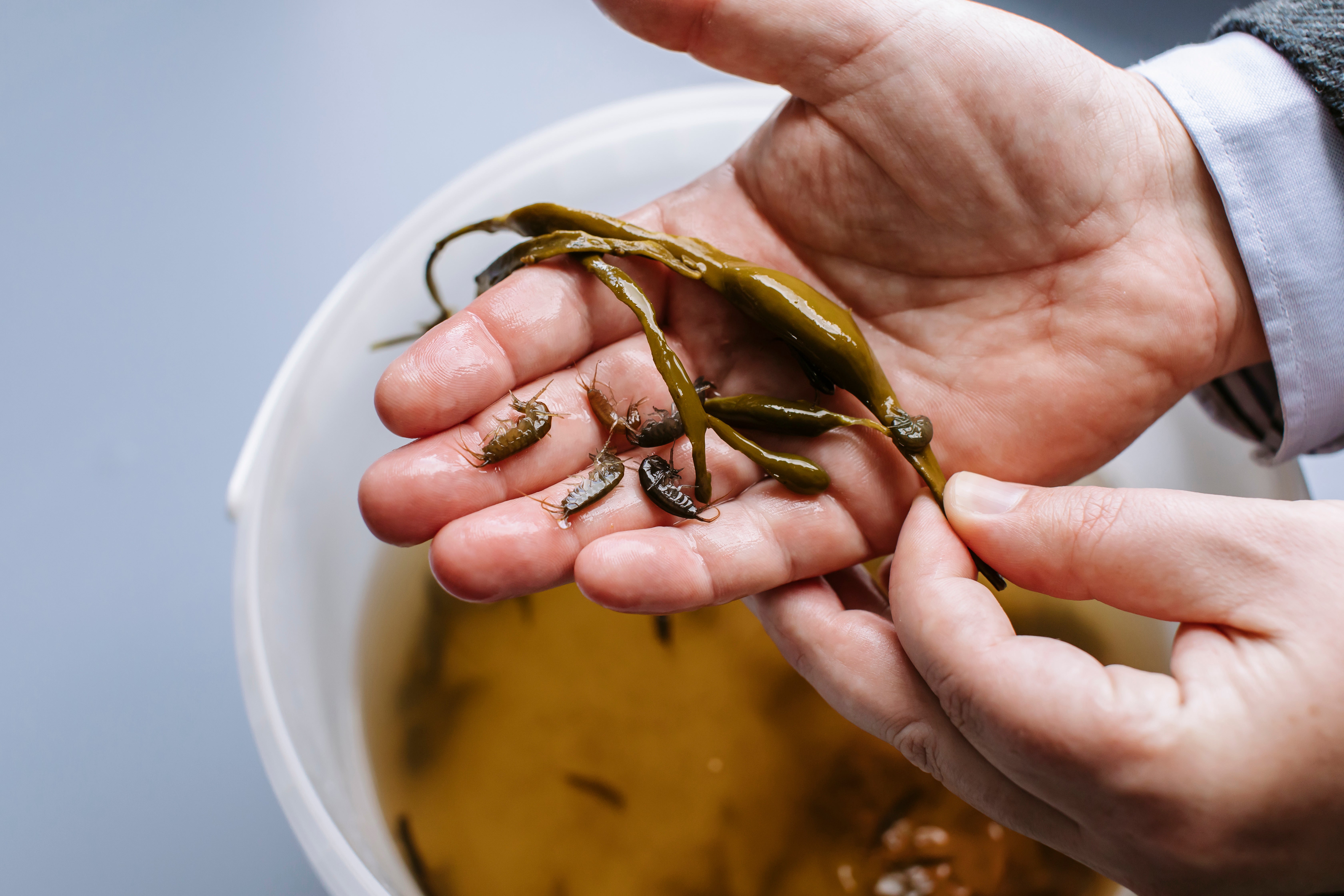
Shrimp doing experiments
(Helen Yates)
“Unfortunately, we don’t know the full impact of it entering the water cycle. Many of these organisms will be exposed to a variety of different prescription and illicit drugs.”
He insisted the drugs were present in such small amounts that an overdose would not kill aquatic life, but that the drugs, particularly cocaine, amphetamines and ecstasy, could alter their behavior.
He added: “We don’t really know the full effects of cocaine on behavior change, but studies using other behavior-changing drugs, such as antidepressants and anti-anxiety drugs, may lead to changes in a variety of behaviors, including swimming activity, reproductive behavior and predatory behavior.” Avoidance response.
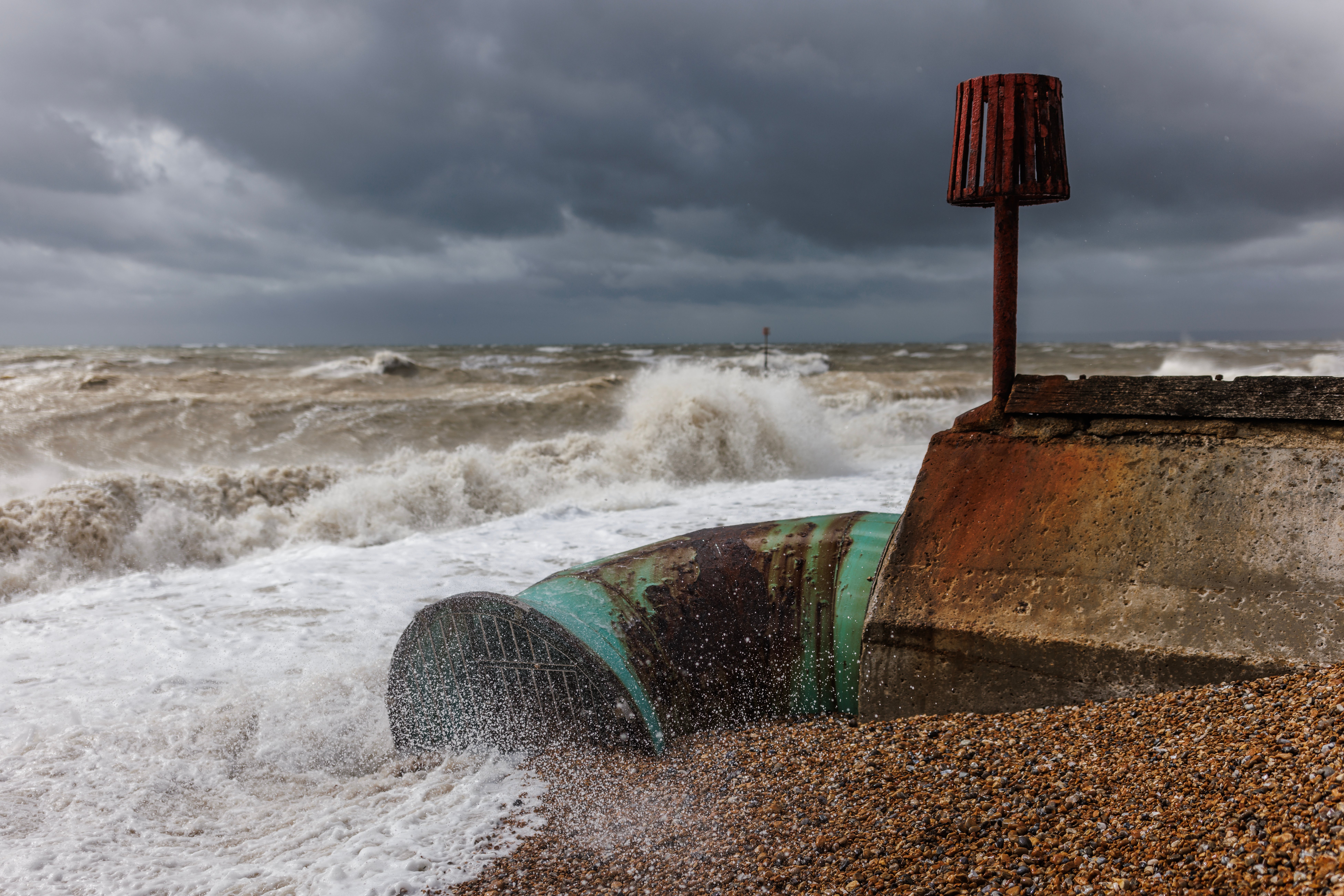
Concerns are growing over the amount of sewage being dumped into Britain’s waterways
(Getty Images)
He added: “Some industrial chemicals, such as those permanently found in frying pans and waterproof stain-resistant clothing, are bioaccumulating in the food chain.
“An Australian study predicts that platypuses can obtain 60 percent of the dose of antidepressants equivalent to a human dose by eating stream invertebrates.”
“In marine life, we find that they are full of drugs — birth control pills, antidepressants — and every marine species we have observed so far is rich in cocaine.
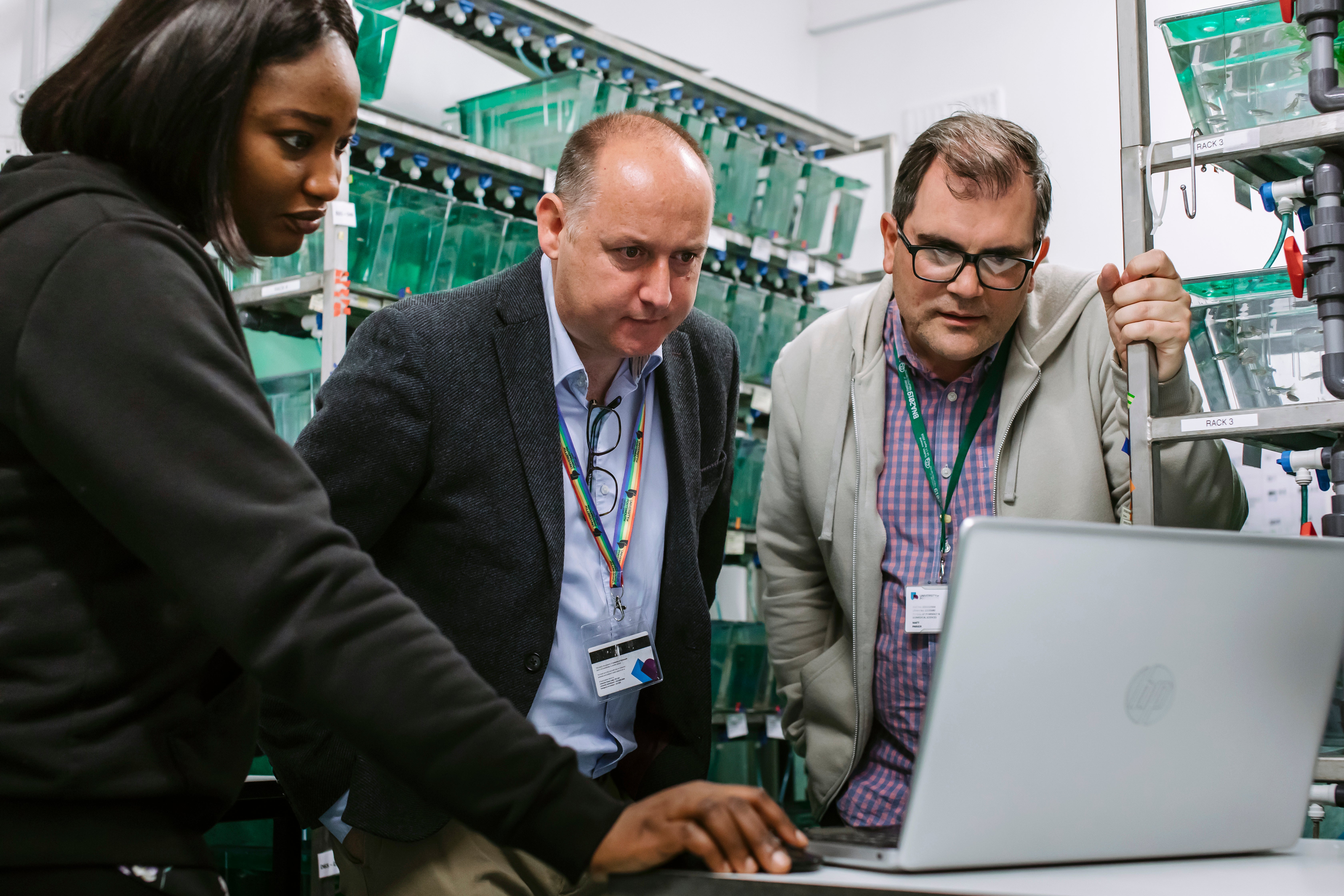
Professor Alex Ford working with Dr Tom Miller from Brunel University
(Helen Yates)
“If you give a fish a contraceptive pill, it starts to feminize, and if you give a crab an antidepressant, it changes their behavior because those drugs are designed to change behavior.
“If you give them illegal drugs as well, the effects on them are very similar to the effects on people.”
The professor has called for a full public inquiry into the conduct of water companies as new figures show the flow of raw sewage into Britain’s rivers and coastal waters more than doubled to record levels last year.
Figures published by the Environment Agency on Wednesday showed 3.6 million hours of leaks occurred in 2023, compared with 1.8 million hours in the previous 12 months.
When sewers flood with rain, water companies release waste into rivers and oceans, and when rainfall is particularly heavy, outfalls called storm overflows act as pressure relief valves.
In 2018, biologists at the University of Naples Federico II placed European eels in water containing small amounts of cocaine – similar to the amounts found in rivers – for 50 days.
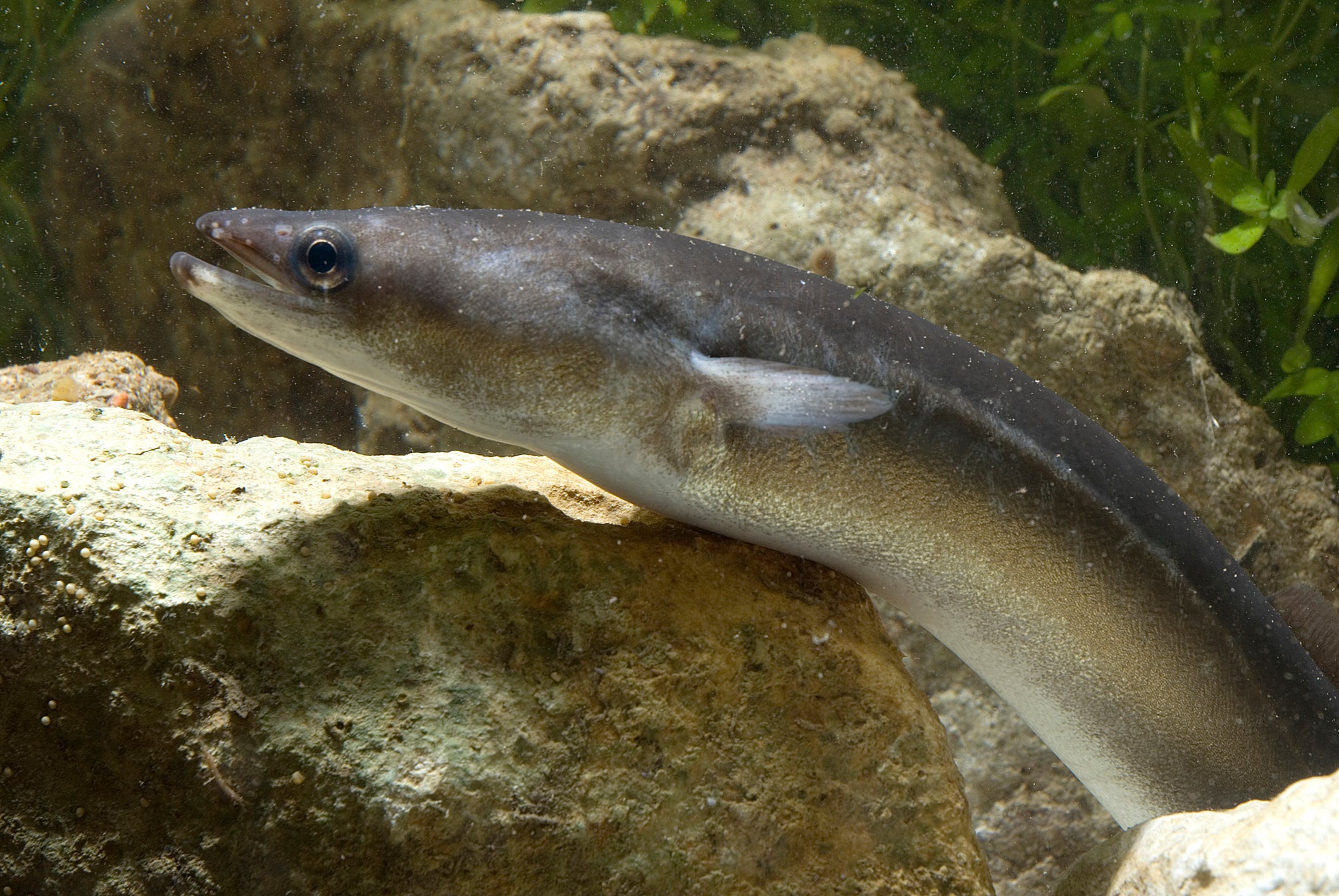
Tested on eels
(Getty Images/iStockphoto)
They found that the fish “appeared to be hyperactive” compared with eels not raised in waters containing cocaine.
Researchers say the drug accumulates in the brains, muscles, gills, skin and other tissues of eels exposed to cocaine.
The eels’ skeletal muscles showed signs of severe damage, including muscle breakdown and swelling, and had not healed ten days after being removed from the drug-contaminated water.
Follow us on Google news ,Twitter , and Join Whatsapp Group of thelocalreport.in
















